Transwestern: Autonomous Vehicles to Shape CRE
Driverless cars will one day be ubiquitous, and their presence will have a tangible effect on the urban landscape, changing development activity in the office, industrial and retail sectors.
By Barbra Murray
It won’t be long now. Major advances in autonomous vehicle technology will soon make driverless cars the norm, and their presence is going to change commercial real estate as we know it, according to a new report by Transwestern. The real estate firm details the probable consequences in The New Industry Driver: How the Rise of Autonomous Vehicles Could Impact Future Real Estate Strategy.
The concept of driverless cars has been edging closer toward reality for some time, with the last few years showing great progress. And there’s no bigger vote of confidence in any idea than major monetary investment. As of this year, several big-ticket partnerships are in place, including a $15.3 billion venture between the BMW Group, Intel and Mobileye, backing Delphi’s autonomous driving platform. Google has its $1.1 billion self-driving car project, Waymo. And the list goes on, as do the implications for commercial real estate.
“While there are valid concerns about safety, security, government regulation and the potential resistance to give up private cars, the billions of dollars invested by domestic and foreign automakers, countless engineering and design firms, and giant technology conglomerates have made autonomous vehicles a reality,” Jamie Mahoney, research analyst with Transwestern, said in a prepared statement.
The real estate sectors of tomorrow
Per the Transwestern report, the widespread use of AVs through ride-sharing services would, for one, result in the decrease in traffic congestion and therefore, leave space available for such uses as pedestrian walkways or retail. Additionally, demand for parking accommodations would go on the downswing, providing an opportunity for property owners and developers to re-envision garage facilities.
But the impact of AVs will extend even deeper into the real estate market. “While timing of adoption is debatable, a disruptor of this magnitude likely will have implications for office, industrial, retail and health-care properties and create opportunities to unlock value from real estate,” Mahoney said.
In the office sector, the prevalence of AVs could result in an expansion of the traditional amenity mix; curbside pickup and rideshare lobbies would become new selling points when recruiting talent. Retail property owners, particularly those with shopping centers in their portfolios, may find there is no longer a need to dedicate an expansive amount of space to parking, which would present an opportunity for additional onsite development. However, it is the industrial sector that would experience the most changes due to the proliferation of driverless cars, as AVs would help manufacturers—most notably, e-commerce players—decrease the fulfillment cycle for a consumer population that continues to demand faster product delivery.
Perhaps the future really is now. “There are already examples of real estate owners and developers making design decisions to facilitate future property modifications,” Mahoney told Commercial Property Executive. “They will not make sweeping changes overnight, but instead focus on the need to balance today’s requirements with enough flexibility to adjust to future shifts in demand. The sheer volume of dollars being spent on AV research and development—and the companies involved—makes this is conversation that real estate decision makers need to have.”
Image courtesy of Transwestern



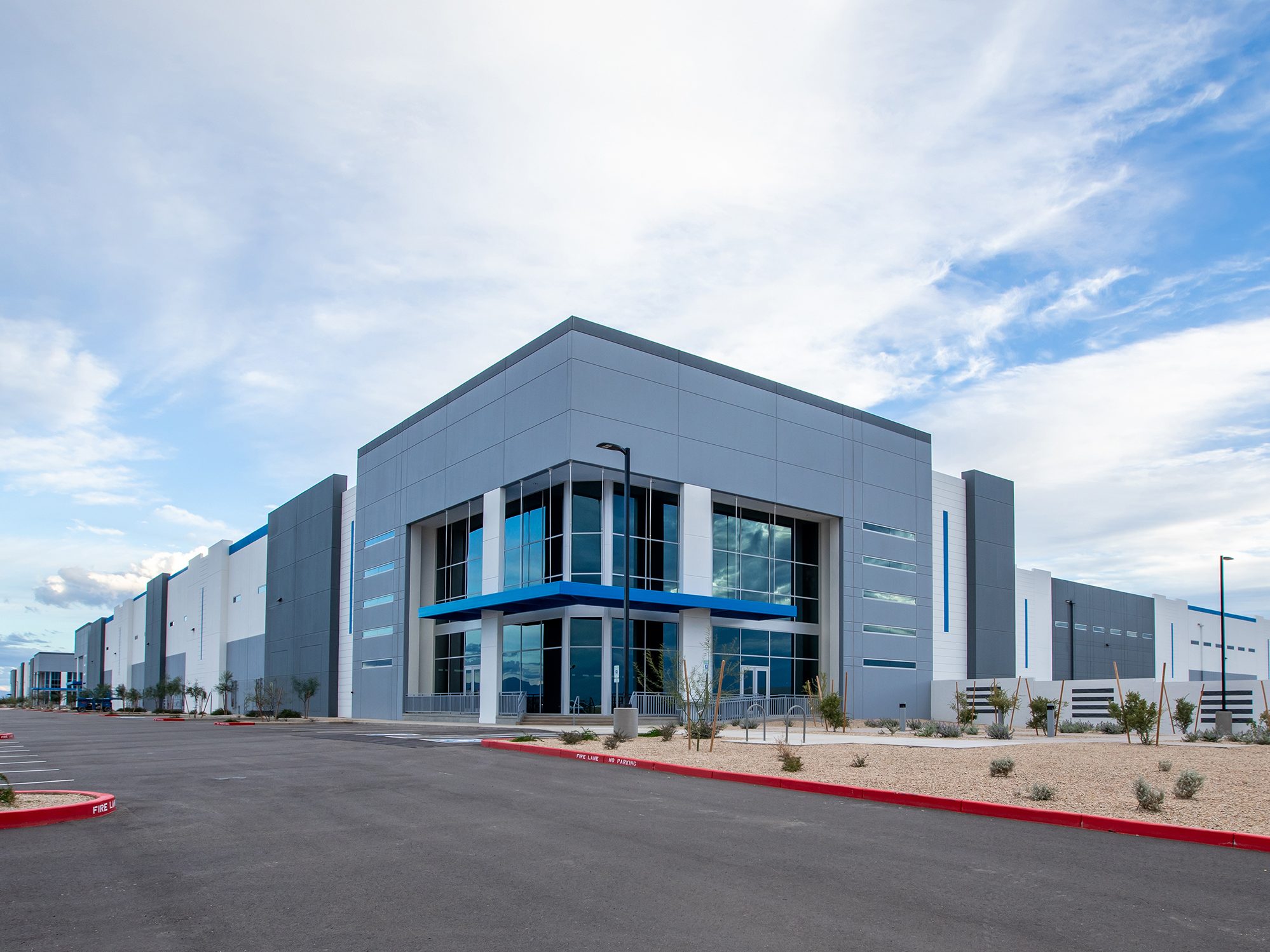
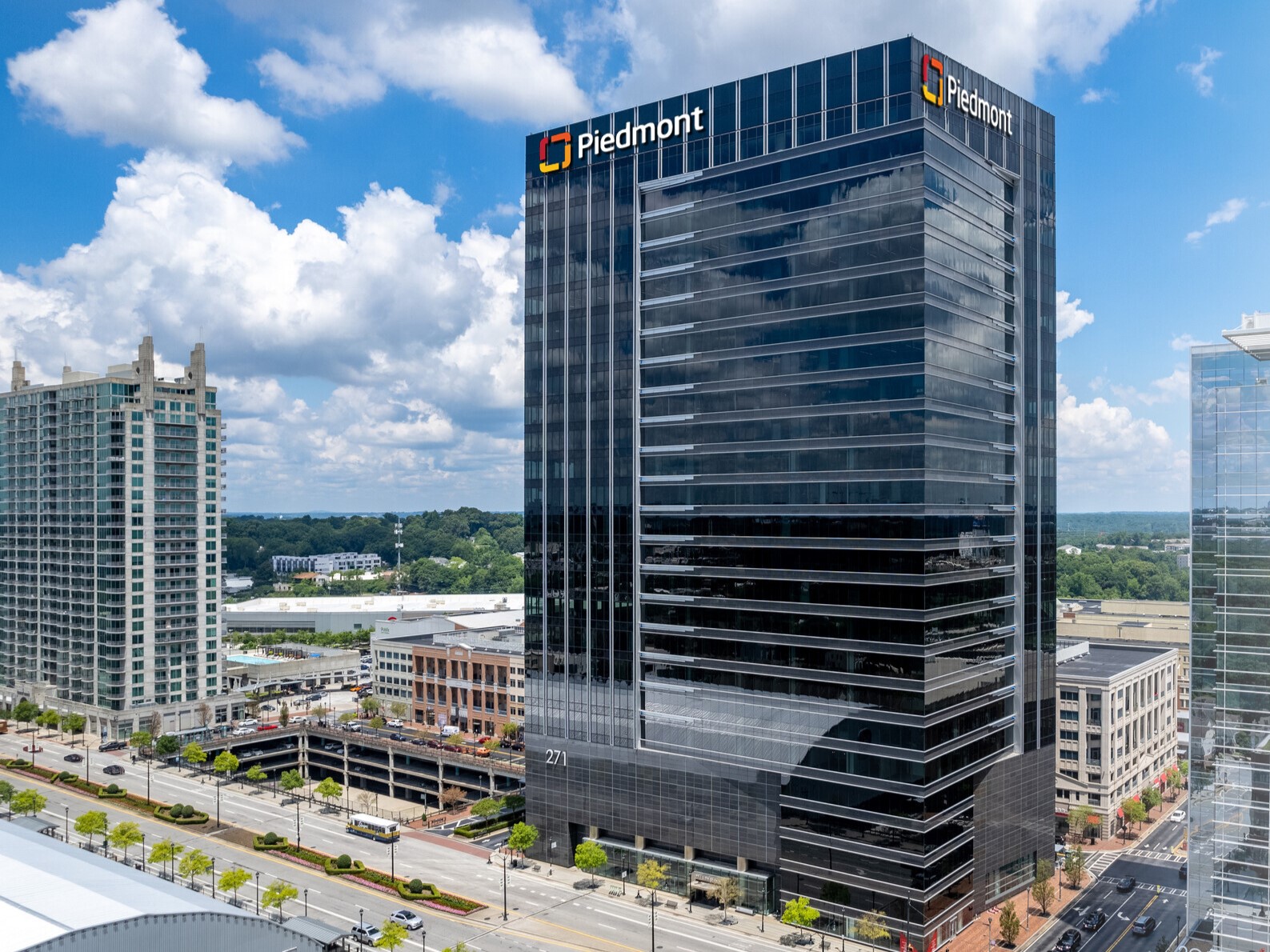
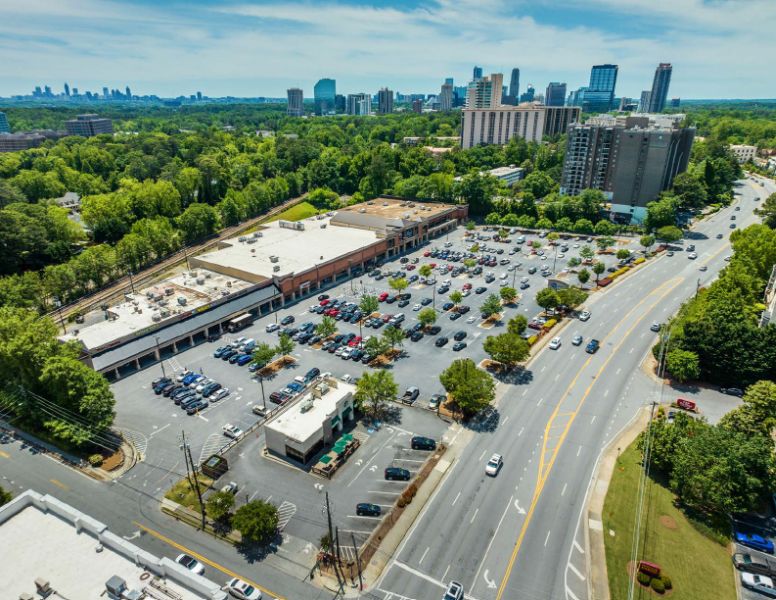
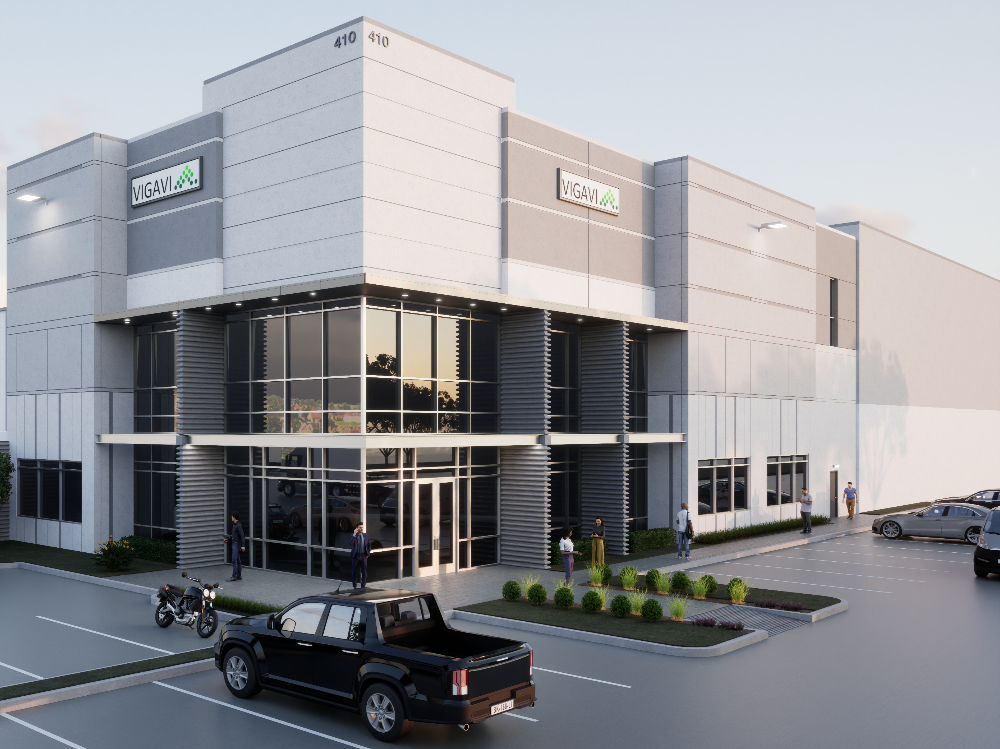
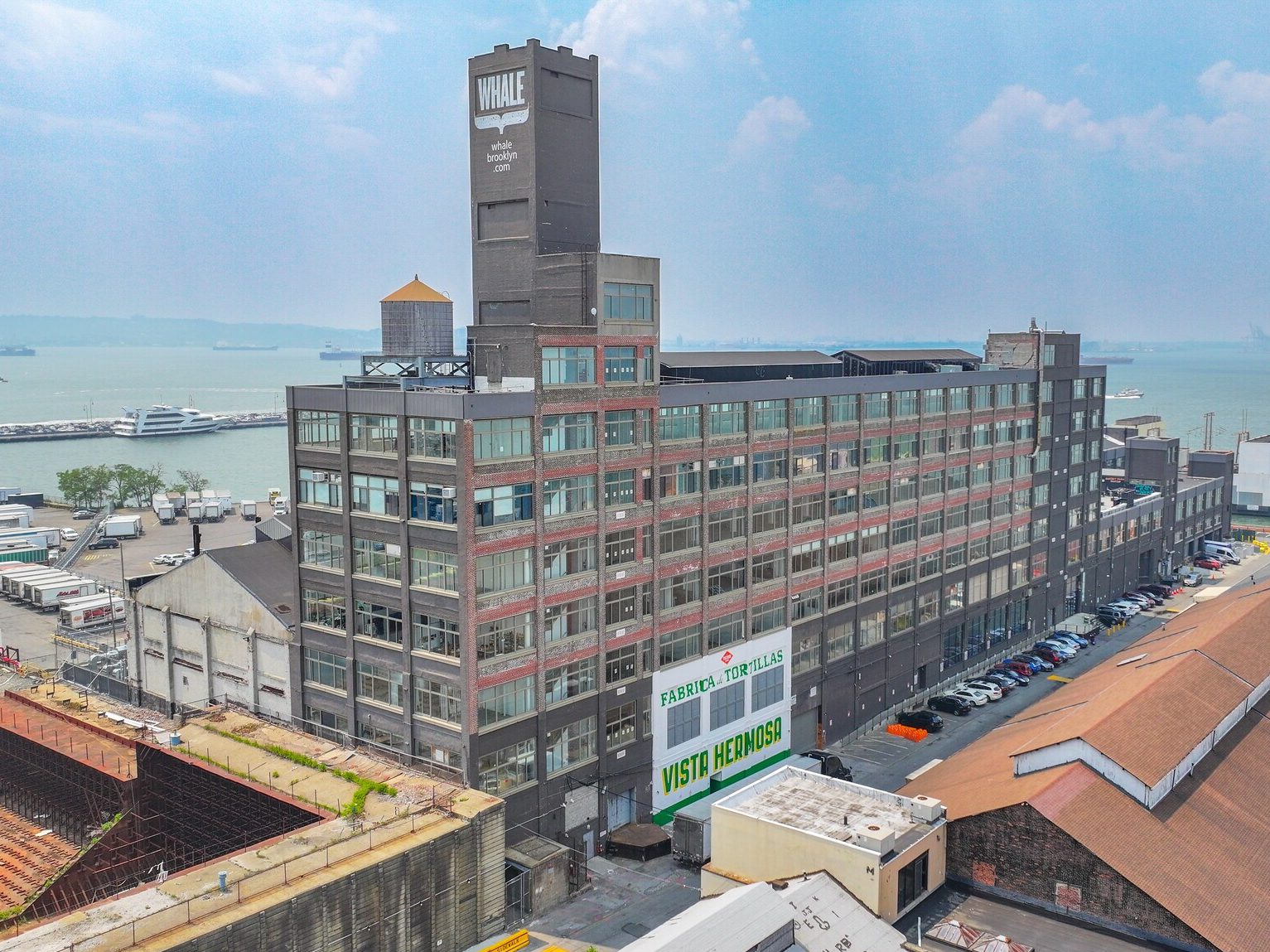
You must be logged in to post a comment.